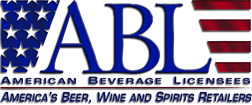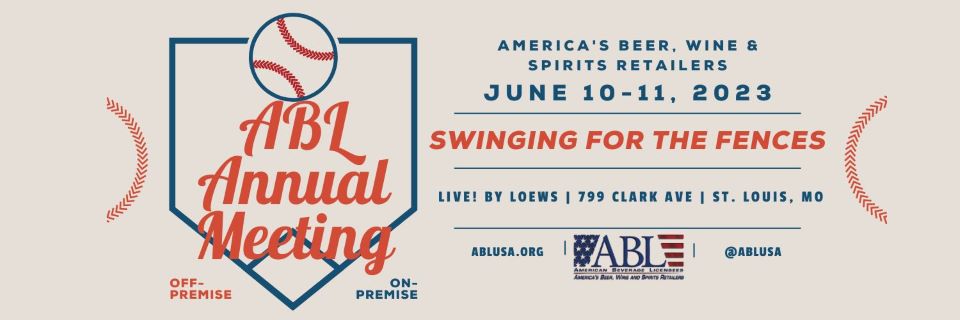American Beverage Licensees (ABL) is encouraging beverage consumers to say “Cheers!” to their local tavern by celebrating Tavern Month this May. Local bars and taverns are more than just places to have a drink or a meal; they are vital contributors to the economy, creating jobs and stimulating the economy, and offering an important “third space” for millions of Americans.
In communities across the country, taverns have long provided a space for people to come together, celebrate their shared traditions, and forge lasting connections. These establishments are hubs of cultural exchange, where diverse perspectives converge, and the unique character of a region is on display. Whether it’s lively banter among regulars, live music or regional drink and food specialties, taverns are the embodiment of a community’s spirit.
America’s bars and taverns are fueled by dedicated owners, managers, and staff who pour their passion, creativity, and tireless effort into creating a welcoming environment for all who walk through their doors. These unsung heroes are the backbone of the industry, curating ambiance, crafting drinks, and ensuring each guest’s experience is enjoyable.
The positive economic impact of bars and taverns is felt year-round in economies both national and local. Annually, on-premise alcohol sales create 1.14 million jobs, pay over $33 billion in wages, and have an overall economic impact of $82 billion to the national economy, according to the “Economic Impact Study of America’s Beer, Wine and Spirits Retailers” from economics firm John Dunham & Associates.
In addition to running their businesses, bar and tavern owners are also engaged in the political process at the local, state and national levels. They continue to face high inflation, supply chain issues, and other logistical challenges, which is why they are advocating for the passage of H.R. 7577 the CHEERS Act: Creating Hospitality Economic Enhancement for Restaurants and Servers. The bill proposes a straightforward tax incentive to promote the use of kegs – encouraging consumers to enjoy a beer in the freshest, most sustainable manner possible while supporting bars and taverns.
This May, raise a glass and toast to your local bars and taverns. Whether you’re enjoying a cold beer with friends, a happy hour glass of wine with colleagues, or sipping a cocktail at your favorite neighborhood spot, take a moment to appreciate the role these establishments play in our communities and our lives as the Friendliest Places in Town.


